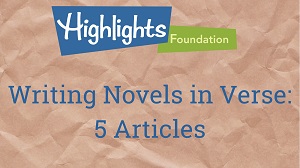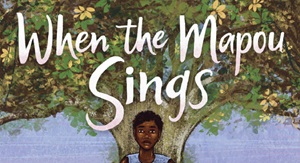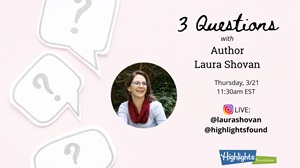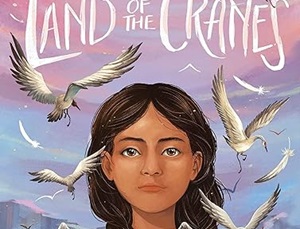The verse novel is an incredibly powerful art form when done well, packing a punch with judicious word choices, open spaces, vivid encapsulations of scenes and emotions, all delivered in a narrative that flows rhythmically. We’ve put together a few articles to help you explore questions to consider when writing a verse novel and to discover what makes a novel in verse successful.
Verse Novels: A String of Emotional Moments
Successful verse novelists Padma Venkatraman and Joy McCullough interview each other about why they write novels in verse and discuss some of the ways in which verse novels differ from prose novels, what some of their favorite verse novels are, and how to know when a story is well suited for the novel in verse form.
Read the full article.
Auditioning Poetry Devices for Your Verse Novel’s Voice
Writing verse novels means tackling particular limitations but it also means uncovering, experimenting and a lot of play. It is an expansive form that can be liberating! One of the major liberations is all that poetry has to offer your verse novel. Opening up the poetry toolbox and finding the precise tools you need to create a dynamic voice for your narrative style is one of the most exciting aspects of writing verse novels.
Read the full article.
Read a Verse Novel a Day for Poetry Month
Verse novelist Kathryn Erskine decided to read a verse novel each day of April. Her round-up of the books she read provides an introduction to some really great verse novels.
Read the full article.
Imagining an Image System for Your Novel in Verse
An image system is the family of images (metaphors, similes, symbols, etc.) an author chooses to showcase in their verse novel. An image system, by use of extended metaphors, can show how characters emotionally grow and change through the course of a story. They also can work to build story tension, foreshadow events, develop secondary characters, inspire characters to action, illuminate setting and reflect a story question or theme. Image systems in verse novels can reveal character growth and central story themes and questions.
Read the full article.
The Verse Novel: If I Can Do It, So Can You
Kathryn Erskine talks about how she decided that verse was the right vehicle for her novel: “Using the verse form enabled me to focus on emotions. I could use a variety of characters and viewpoints, so the reader could see and evaluate the big picture. I could string the scenes and people together with an invisible thread from one person’s consciousness to another’s, weaving the story from their different voices.”
Read the full article.






